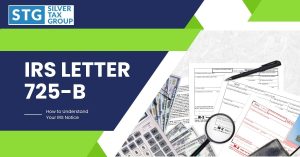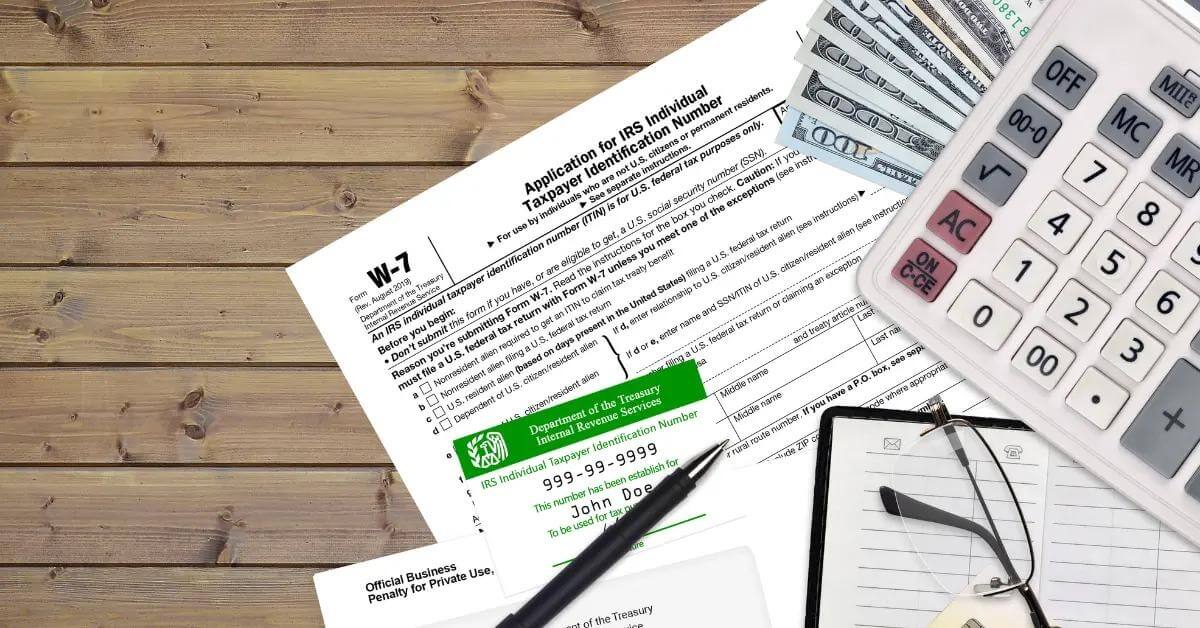After you have put blood, sweat, tears, and likely all the money you have into starting and building a business, the last thing you want to happen is for the IRS to shut you down. Fortunately, the IRS only shuts down businesses as a last resort.
They want you to succeed so they get their money. Yet, when you get behind on your taxes, they can make your life miserable. You gather your mail and find a ‘love letter’ from the IRS and instead of reading it, you would rather stick a sharp object in your eye.
At Silver Tax Group, we understand the gravity of your situation and we know that dealing with the IRS is worse than a trip to the dentist. You don’t have to avoid dealing with your tax issues though.
Whether you feel desperate because you owe so much and things have gotten out of hand or you simply want to avoid tax-related pitfalls in the future, Silver Tax Group is here to help. Below we cover the legal protections you have from the IRS shutting you down and four steps you can follow to prevent the IRS from shutting down your business.
Legal Protections Against the IRS Shutting You Down
Although you might have a significant amount of tax debt with the IRS, existing laws prevent the IRS from shutting you down as their first course of action. These existing regulations include:
- Under Internal Revenue Code 6331(j), the IRS cannot seize your business without exhausting other methods of debt collection for taxes such as payment plans and an offer in compromise.
- The Fourth Amendment to the Constitution protects you and your business from being entered and seizing assets without your explicit permission or a warrant from the court.
- Internal Revenue Code 6334 provides a minimum threshold for business assets. The number can change, but somewhere between $4,000 and $5,000 of your business assets are protected. The IRS can only seize assets above this threshold.
- The IRS cannot seize business assets that do not provide means for them to collect tax debt from you, which means they can only seize items with equity. This also applies to business real estate. If you have a mortgage on your business property and no equity, the IRS cannot seize the property.
1. File All Business Returns You Haven’t Yet Filed
Ignoring your business tax obligations is one of the surest ways to get the IRS crawling up your leg and taking a deeper look into your tax debt. The first step to prevent them from trying to shut down your business is to file all unfiled returns as soon as possible. Start with the most overdue filings and work your way forward until you are in compliance with the IRS.
2. Avoid Pyramiding Your Unpaid Taxes
Another common way to keep the IRS on your tail is to pyramid your unpaid taxes. Pyramiding your taxes refers to continued failure to pay each year you owe taxes, so your debt to the IRS continues to build. In fact, maybe you’ve been pyramiding for so long that you do not know what you owe the IRS.
The IRS DOES NOT look upon this kindly and views it as an act of poor faith. You may not be able to immediately pay your tax debt and penalties, but you need to do whatever you can to stop the accumulation of debt as you go forward. Continuing to pile on tax debt can lead the IRS to shut you down, so you don’t end up owing them more money.

3. Comply with IRS Deadlines
It’s imperative that you comply with all IRS deadlines. If you have filed all of your back taxes, you must continue to file on time as you go forward. Depending on your situation with the IRS, they might have assigned a Revenue Officer to your case or they might have you in their Automated Collection Service.
The Revenue Officer’s primary responsibility is to recover unpaid business tax debt from you. This includes a variety of tasks such as ensuring you file overdue tax returns, setting deadlines so you do not pyramid taxes, and determining the best course of action for you to repay back taxes.
You can expect your Revenue Officer to whip out Form 9297, Summary of Taxpayer Contact, to give you deadlines to which you must adhere. He or she will also provide a financial statement with IRS Form 433A. These tools serve as the foundation for negotiating a repayment plan.
If you do not comply with these payment deadlines, you give the Revenue Officer an excuse to make your life even more miserable. Failure to meet these deadlines or the April 15 filing deadline sends the message to the IRS that you are unwilling to cooperate with them, giving you higher chance that the IRS will seize your assets and shut down your business.
4. Negotiate a Resolution to Your Case
Once you have filed all overdue returns, have committed to paying your taxes on time, and have given your financial statement to the IRS, you can negotiate a resolution to your case. For all practical purposes, a resolution means that the IRS will close your case. Typically, three different outcomes can constitute a case resolution. They include:
- Negotiating a payment plan for your tax debt
- Making an offer in compromise to entirely clear your debt with the IRS
- Not paying a dime because your Revenue Officer deems you currently uncollectible, which can happen if you cannot afford to make payments
If the IRS is threatening to shut down your business, you can take steps to ensure this doesn’t happen. When you follow the previous four steps, you remove all of the reasons the IRS can pursue action against your business, seize your assets, and shut you down.
Contact Silver Tax Group Today! Fast Action, Proven Results
Contact us to speak with a tax attorney who can help you with your tax-related needs including business taxes, unfiled tax returns, cryptocurrency issues, and a wide array of tax defense services.








